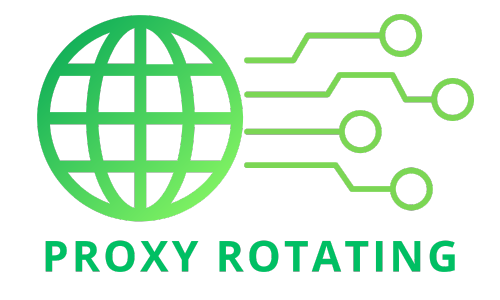Data privacy involves controlling personal information collection, use, and sharing, while Confidentiality protects information from unauthorized access. In the forthcoming article by Proxy Rotating, we will compare and contrast these concepts to highlight their importance in safeguarding data integrity and respecting individuals’ rights in the digital era. Stay tuned for insights into data privacy vs confidentiality.
Why understanding the Distinction between data privacy and confidentiality is essential?
Understanding the distinction between data privacy and confidentiality is essential for several key reasons:
Legal compliance: Different laws regulate data privacy (e.g., GDPR) and confidentiality (e.g., professional standards). Knowing the difference helps ensure adherence to all relevant legal requirements.
Data management: Privacy involves individuals’ rights over their data, while confidentiality concerns protecting sensitive information from unauthorized access. Clear distinctions aid in effective data handling.
Risk mitigation: Identifying privacy and confidentiality risks allows for tailored safeguards, reducing the chance of data breaches and unauthorized disclosures.
Trust and reputation: Properly managing privacy and confidentiality builds trust with customers and partners, enhancing organizational reputation.
Ethical obligations: Respecting privacy and confidentiality reflects ethical responsibility, protecting individuals’ rights and sensitive information.
Policy and training: Clear distinctions help develop precise policies and training programs, ensuring employees understand how to handle different types of information correctly.
In summary, distinguishing between data privacy and confidentiality is crucial for legal, operational, ethical, and trust-related reasons, ensuring comprehensive data protection.
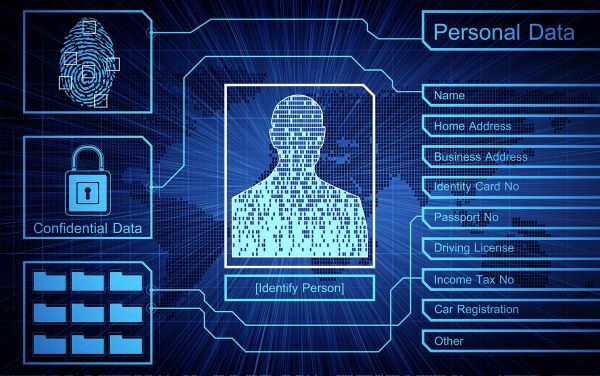
What is the difference between Data Privacy vs Confidentiality?
“Privacy” and “Confidentiality” are often used interchangeably, but they have distinct meanings, particularly in data management. Here are the key differences:
Privacy
- Definition: Privacy pertains to individuals’ rights to control their personal information—how it is collected, used, and shared. It is about personal autonomy and the right to keep certain aspects of one’s life out of public view.
- Scope: Privacy concerns personal data, such as names, addresses, social security numbers, and other information that can identify an individual.
- Focus: The primary focus of privacy is ensuring that individuals’ data is collected and processed with their consent and that they are informed about how their data will be used.
- Regulation: Privacy is often governed by laws and regulations, such as the EU’s General Data Protection Regulation (GDPR) or the US Health Insurance Portability and Accountability Act (HIPAA), which sets standards for data protection and individual rights.
Confidentiality
- Definition: Confidentiality is the obligation to protect sensitive information from unauthorized access and disclosure. It ensures that information is only accessible to those authorized to see it.
- Scope: Confidentiality can apply to sensitive information, not just personal data. This includes trade secrets, business plans, proprietary research, and client records.
- Focus: Confidentiality is about safeguarding information from being disclosed to unauthorized parties.
- Regulation: Confidentiality is often enforced through professional codes of conduct, contractual agreements, and specific rules that require certain types of information to be kept confidential.
Summary of key differences
Privacy is about personal rights and individuals’ control over their personal information.
Confidentiality is the duty to protect sensitive information from unauthorized access.
Privacy focuses on the individual’s consent and awareness, whereas confidentiality focuses on restricting access to information.
Data protection laws regulate privacy, while professional standards, contracts, and specific regulations often govern confidentiality.
Understanding these differences is crucial for implementing effective data protection strategies and ensuring compliance with legal and ethical standards.
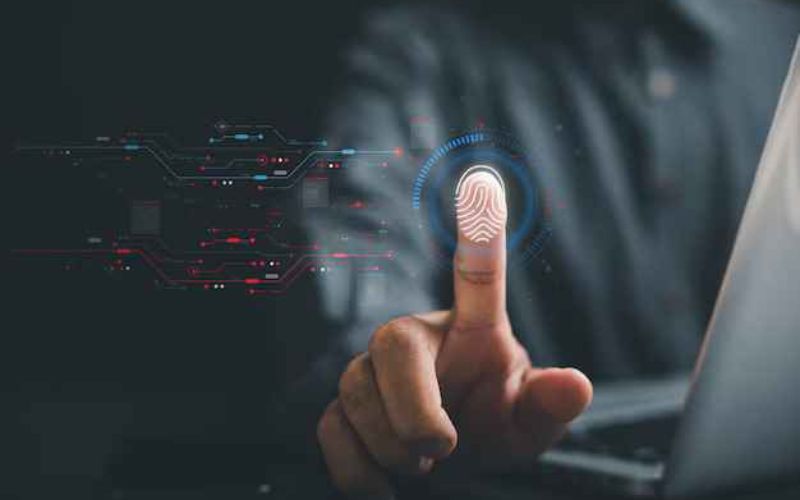
How do privacy and confidentiality protect personal data?
Privacy and confidentiality play crucial roles in protecting personal data, but they do so differently. Here’s how each concept contributes to the safeguarding of personal information:
Privacy protection
- Control and Consent: Privacy ensures that individuals control their data. They can decide what information is collected, how it is used, and who it is shared with. This control is often exercised through informed consent mechanisms, where individuals agree to data collection and processing practices.
- Transparency: Privacy laws and policies require organizations to be transparent about their data practices. Individuals are informed about what data is being collected, the purpose of collection, how long it will be retained, and with whom it will be shared. This transparency helps individuals make informed decisions.
- Rights of Individuals: Privacy protections grant individuals rights such as the right to access their data, correct inaccuracies, request deletion, and object to certain types of processing. These rights empower individuals to manage and protect their personal information actively.
- Data minimization: Privacy principles encourage collecting only the minimum personal data necessary for a specific purpose. This minimizes the risk of over-collection and potential misuse of personal information.
- Security measures: Privacy regulations often require organizations to implement appropriate measures to protect personal data from unauthorized access, breaches, and other security threats. This includes technical and organizational safeguards such as encryption, access controls, and regular security audits.
Confidentiality Protection
- Access control: Confidentiality ensures that personal data is accessible only to authorized individuals who need it for legitimate purposes. Access control mechanisms, such as user authentication and role-based access, restrict data access to those with appropriate permissions.
- Non-Disclosure Agreements (NDAs): In many cases, individuals who handle confidential information, such as employees or contractors, must sign NDAs. These agreements legally bind them to protect the information from unauthorized disclosure.
- Information Handling Policies: Organizations establish and enforce policies for handling confidential information. These policies dictate how data should be stored, transmitted, and disposed of to prevent unauthorized access or leaks.
- Training and Awareness: Confidentiality is supported by regular training and awareness programs for employees and other stakeholders. These programs educate individuals on confidentiality, potential risks, and best practices for safeguarding information.
- Physical and Technical Safeguards: Confidentiality involves implementing physical and technical safeguards to protect data. This includes secure storage facilities, data encryption in transit and at rest, secure communication channels, and regular monitoring for unauthorized access.
Privacy and confidentiality create a comprehensive framework for protecting personal data, ensuring that individuals’ information is managed appropriately and kept secure from unauthorized access and disclosure.
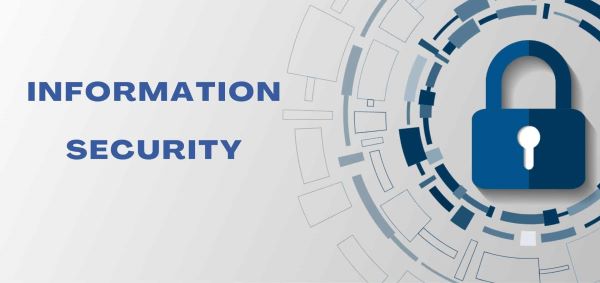
What are the potential risks of unauthorized disclosure of information?
Unauthorized disclosure of information can lead to various risks, affecting individuals, organizations, and society. Here are some of the key potential risks:
Identity theft and fraud
Unauthorized disclosure of personal information, such as social security numbers, credit card details, or bank account information, can lead to identity theft and financial fraud. Malicious actors can use this data to make unauthorized transactions, open new accounts, or commit fraud.
Reputational damage
The unauthorized disclosure of sensitive information can cause significant reputational harm to both individuals and organizations. The release of private or embarrassing information can damage personal reputations, while organizations can suffer a loss of trust and credibility with customers, clients, and partners.
Legal consequences
Organizations that fail to protect confidential information may face legal consequences, including fines, sanctions, and lawsuits. Regulatory bodies, such as those enforcing GDPR or HIPAA, impose strict penalties for data breaches and non-compliance with data protection laws.
Loss of competitive advantage
For businesses, unauthorized disclosure of proprietary information, trade secrets, or strategic plans can result in loss of competitive advantage. Competitors may gain access to valuable information that can undermine the affected organization’s market position and profitability.
Personal safety risks
In some cases, unauthorized disclosure of information can pose risks to personal safety. For example, the release of home addresses, travel plans, or personal schedules can make individuals targets for stalking, harassment, or other criminal activities.
Operational disruptions
Data breaches and leaks can disrupt business operations. The immediate need to respond to a violation, investigate the cause, and implement corrective measures can divert resources and attention from normal business activities, causing delays and financial losses.
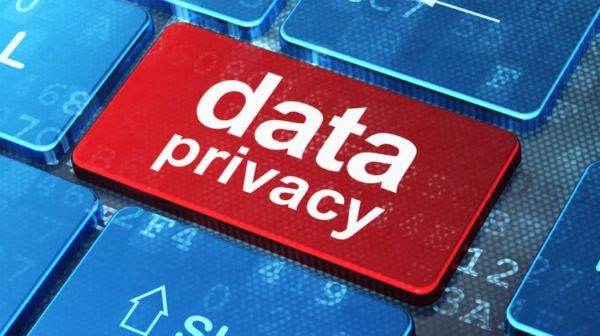
Emotional and psychological impact
Individuals whose personal information is disclosed without authorization can experience significant emotional and psychological stress. Feelings of violation, anxiety, and loss of control over personal data can have lasting mental health effects.
Intellectual property theft
Unauthorized disclosure of intellectual property, such as inventions, designs, or creative works, can lead to theft and unauthorized use. This can undermine the intellectual property holder’s ability to benefit financially from their creations.
Data manipulation and integrity issues
When sensitive information is disclosed, there is a risk that it could be altered or manipulated. This can compromise data integrity, leading to incorrect decisions based on false or misleading information.
National security threats
In cases where the disclosed information pertains to government or military operations, unauthorized access can pose national security risks. Sensitive information in the wrong hands can threaten public safety and national interests.
Unauthorized disclosure of information can lead to identity theft, reputational damage, legal consequences, loss of competitive advantage, personal safety risks, operational disruptions, emotional distress, intellectual property theft, data integrity issues, and national security threats. Protecting information through robust privacy and confidentiality measures is essential to mitigate these risks and safeguard the interests of individuals and organizations.
Examples of data privacy and information security
Data Privacy
When signing up for a new social media platform, individuals opt out of sharing their personal information, such as email addresses or phone numbers.
A company implements strict data retention policies, deleting customer data after a certain period to minimize the risk of unauthorized access or misuse.
Explore information security or confidentiality
An organization uses encryption techniques to protect sensitive financial data during transmission over the internet, ensuring unauthorized parties cannot intercept it.
A government agency implements multi-factor authentication measures to control access to classified documents, preventing unauthorized personnel from viewing or modifying sensitive information.
These examples illustrate how data privacy gives individuals control over their personal information, while Confidentiality concentrates on safeguarding data from unauthorized access or breaches. Both aspects are crucial for ensuring the Confidentiality, integrity, and availability of information in various contexts.
Benefits of protecting personal data vs confidential information
There are several benefits to protecting personal data and confidential information:
- Privacy preservation: Protecting personal data ensures that individuals maintain control over their sensitive information, safeguarding their privacy rights and preventing unauthorized access or misuse.
- Trust and reputation: Organizations prioritizing data protection build trust with their customers, clients, and stakeholders. They enhance their reputation and credibility by committing to safeguarding personal data and confidential information.
- Compliance with regulations: Many jurisdictions have enacted laws and regulations governing personal data protection, like the General Data Protection Regulation (GDPR) within the European Union or the Health Insurance Portability and Accountability Act (HIPAA) across the United States. Compliance with these regulations avoids legal penalties and fosters a culture of responsibility and accountability.
- Mitigation of risks: Protecting personal data and confidential information reduces the risk of data breaches, identity theft, fraud, and other cybercrimes. Organizations can mitigate these risks by implementing robust security measures and preventing financial losses, reputational damage, and legal liabilities.
- Competitive advantage: Data protection can be a competitive differentiator for businesses. Organizations prioritizing data security and privacy gain an edge by attracting customers who prioritize privacy and demonstrating a commitment to ethical business practices.
- Enhanced business efficiency: Securely managing personal data and confidential information improves operational efficiency by streamlining processes, reducing the likelihood of data loss or corruption, and facilitating seamless collaboration within and across organizations.
The role of individuals in personal data privacy vs Confidentiality
The roles of individuals in personal data privacy and confidentiality differ based on their responsibilities and actions regarding the protection and management of information. Here’s a detailed comparison:
Personal Data Privacy
Role of Individuals:
- Consent providers: Individuals play a crucial role by providing consent for collecting, using, and sharing their data. They have the right to grant or deny access to their information.
- Data subjects: Individuals, as data subjects, have the right to know what data is being collected about them, why it is being collected, and how it will be used. They can request access to their data, corrections, or deletions.
- Informed participants: Individuals should stay informed about their privacy rights and the policies of the organizations they interact with. They can ask questions and seek clarity on data practices.
- Active managers: Individuals can manage their privacy settings, opt out of data collection programs, and use tools to protect their personal information (e.g., privacy settings in social media use VPNs).
Confidentiality
Role of Individuals:
- Data handlers: Individuals who handle sensitive information (e.g., employees, healthcare providers, legal professionals) must adhere to confidentiality agreements and protocols. They are responsible for protecting the information from unauthorized access.
- Authorized users: Only authorized individuals should access confidential information. They must ensure that they use this information only for its intended purpose and do not share it with unauthorized parties.
- Protectors of information: Individuals must implement and follow security measures to protect confidential information, such as using strong passwords, encrypting data, and securely storing physical documents.
- Compliance enforcers: Individuals must comply with organizational policies, legal requirements, and professional standards related to confidentiality and report any breaches or potential risks to appropriate authorities.
Understanding these roles is essential for ensuring that personal data is respected and protected appropriately while maintaining the confidentiality of sensitive information in professional and organizational contexts.
In summary, the comparison between data privacy vs Confidentiality highlights critical aspects of information security. While data privacy focuses on individuals’ control over their personal information, Confidentiality ensures protection against unauthorized access. For more insights into these topics and other cybersecurity issues, visit proxyrotating.com. Access valuable resources to enhance your understanding and safeguard your digital assets effectively. Stay informed and empowered to navigate the complexities of data protection with Proxy Rotating.
>> See more:
Data privacy global conference
